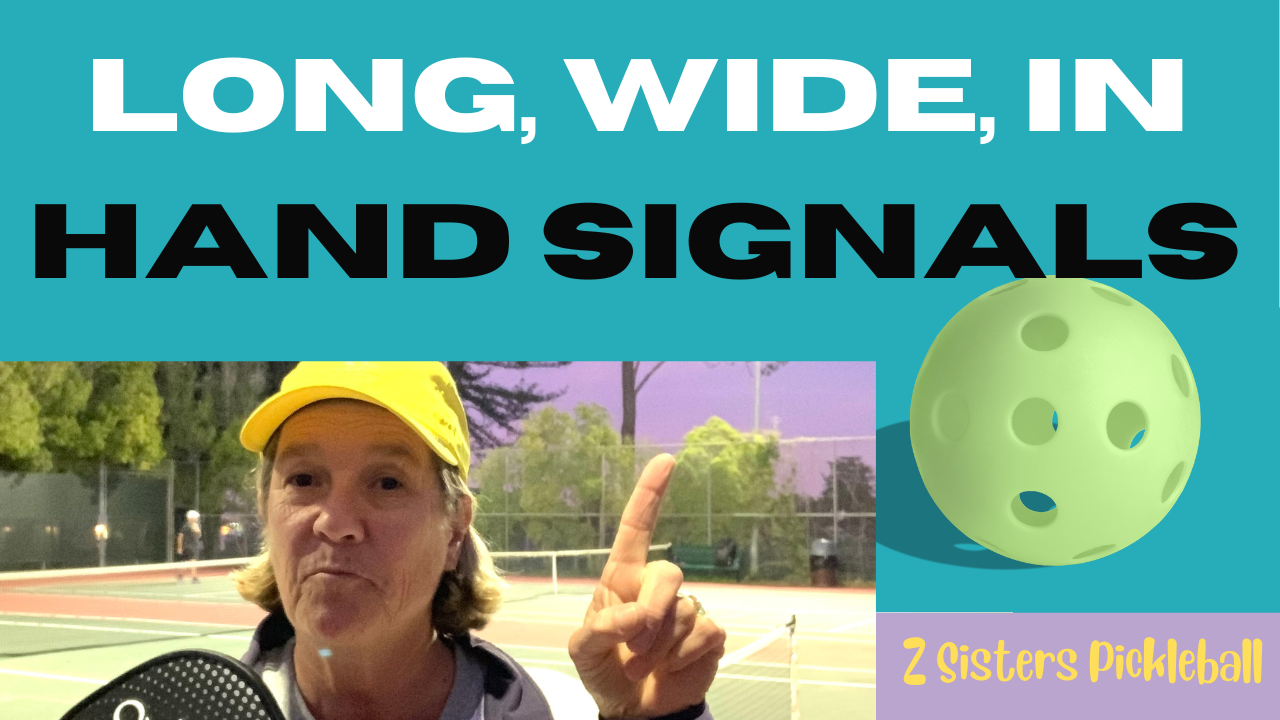Pickleball, a fast-paced and exciting sport blending elements of tennis, badminton, and ping pong, is gaining popularity across the USA and worldwide. Central to the game’s enjoyment and fairness is clear communication between players, especially when determining whether a shot is “in” or “out.” In a recent video tutorial, we explore three simple yet effective hand signals designed to streamline these crucial calls, ensuring a smooth and equitable playing experience for all.
Signal 1: Inbounds
The first signal is as straightforward as it gets: extend your hand flat and parallel to the ground. This gesture unequivocally communicates to your fellow players that the ball has landed within the bounds of the court, eliminating any ambiguity and keeping the game flowing seamlessly. It’s a clear “thumbs up” for a valid shot.
Signal 2: Out of Bounds – Long
Conversely, when the ball strays outside the designated lines long, raise your index finger vertically pointing upward to the sky, even high above your head. This signal serves as an unmistakable indication that the shot is out of bounds, preventing disputes and maintaining the integrity of the game. With a simple gesture, players can quickly acknowledge when a point is won or lost.
Check out Z Sisters Pickleball Resource Page! Find out what we recommend for beginners to play with on the pickleball court.

Signal 3: Out of Bounds – Wide
If you point your finger to the side, then the ball is wide. Using your voice at the same time, especially in a noisy environment, takes away any doubt by all the players on the court! Good communication is very important. Quick consice calls are also valuable.
Bonus Tip: Questionable Call
In instances where it’s unclear if the ball is in or out, then the ball should be called good. End of discussion. You can verbally said, “Nice shot.” or “Your point”.
I don’t like “let’s replay the point, because I couldn’t tell”.
If you can’t call it, it’s good, period!
So, next time you step onto the pickleball court, remember these simple signals—Long, wide or good. They just might make all the difference.

